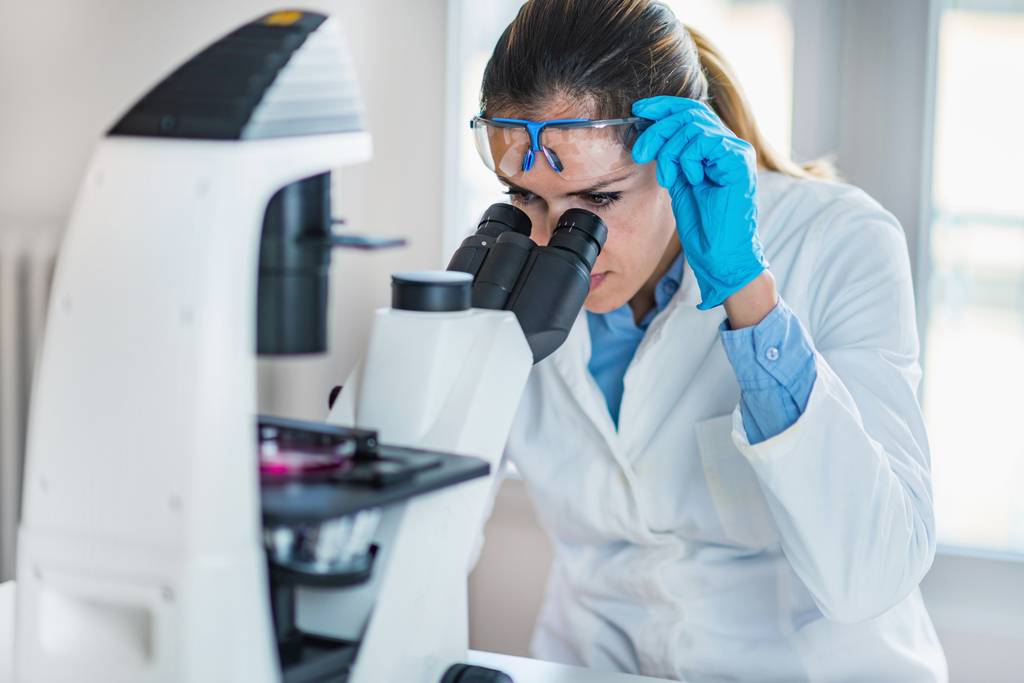URMC Hopes New IDDRC Research Designation Leads to Scientific Advances

The University of Rochester Medical Center (URMC) hopes to parlay its new designation as an Intellectual & Developmental Disabilities Research Center (IDDRC) into scientific advances for conditions such as autism and rare disorders such as Batten disease and Rett syndrome.
Bestowed by the National Institute of Child Health and Human Development (NICHD), the designation recognizes the URMC’s leadership in disorders that cause intellectual and developmental disability (IDD). It also acknowledges the medical center’s role in IDD training, care, and community partnership.
The center’s naming, which came with more than $6 million in NICHD funding, makes the URMC one of 14 NICHD-designated IDDRC institutions currently in the U.S.
The IDDRC at University of Rochester, as it’s officially called, will be led by John Foxe, MD, PhD, director of the Del Monte Institute for Neuroscience, and Jonathan Mink, MD, PhD, chief of child neurology at Golisano Children’s Hospital. It will work to translate scientific insights into new diagnostics and therapies.
“The new center will span research from molecule to mind and elevate and accelerate the pioneering work that our scientists and clinicians are undertaking in this field,” Foxe said in a press release. “This recognition will enable us to not only strengthen and expand the scope of research, but also attract new scientists, clinical researchers, and students, and accelerate the process of moving discoveries from the laboratory bench to the clinic in the form of new therapeutics and interventions.”
While the IDDRC will encompass a broad range of conditions, a key project will focus on Batten disease. The medical center houses the University of Rochester Batten Center, which is dedicated to the study and treatment of the disease, which affects between between 2 and 4 of every 100,000 people living in the U.S., and about 1 in every 100,000 worldwide.
In the project, the URMC will work to identify biomarkers to help measure the effectiveness of multiple gene therapy candidates currently being developed for Batten.
“Batten disease can be very aggressive, and it is devastating for families to watch the slow regression of skills in their children, and to live everyday knowing that the disease is terminal,” said Tauna Batiste, executive director of the Batten Disease Support and Research Association.
“Partnering with organizations like the University of Rochester to push the science forward changes the experience from one that’s really hopeless to one that has some measure of comfort,” Batiste said. “Research is equal to hope for us.”
The IDDRC consists of five research clusters that will seek to advance field study and provide a better understanding of the genetic, environmental, nutritional, social, and molecular mechanisms of diseases such as Batten. The clusters are comprised of 105 researchers who are involved in 197 current or pending research projects. The scientists will collaborate with the URMC Clinical and Translational Science Institute to move new discoveries into clinical trials.
“Improving the health and wellbeing of people with intellectual and developmental disabilities has long been one of the core missions of URMC, and is woven into our history dating back to the founding principles of the School of Medicine and Dentistry and the creation of the biopsychosocial model, which revolutionized the approach to complex physical and mental conditions,” Mink said.
“This designation will build upon this foundation and help improve the lives of patients with these conditions,” he added.






